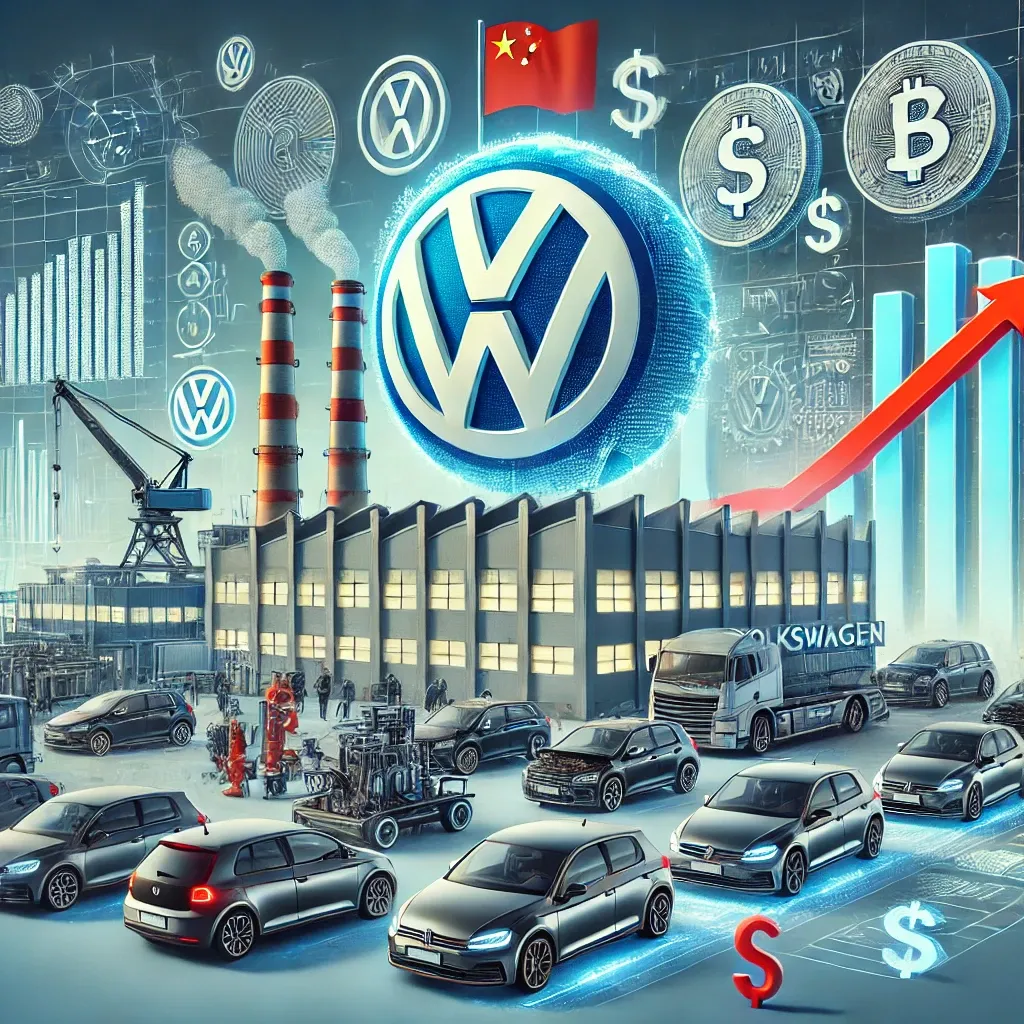Volkswagen Faces Rising Costs and Chinese Competition
Volkswagen is under growing pressure from escalating operational costs and intense competition from Chinese automakers. The company has been navigating financial challenges that threaten its global operations, particularly in Europe, where plant closures have become a looming concern. To address these issues, Germany’s influential IG Metall union proposed a €1.5 billion savings plan aimed at easing the financial strain.
Union Proposes Cost Savings to Avoid Plant Closures
The savings proposal from IG Metall included measures such as foregoing bonuses for 2025 and 2026 to achieve financial relief. The union hoped these steps would stabilize Volkswagen’s operations and prevent unprecedented factory shutdowns. However, Volkswagen rejected the proposal, citing the measures’ lack of long-term sustainability.
Volkswagen Analysis of the Union’s Proposal
Volkswagen conducted a detailed evaluation of IG Metall’s cost-saving plan and found it insufficient for addressing its financial challenges. The company emphasized that while the measures might provide short-term relief, they would not result in sustainable financial stability. “Sustainable savings of €1.5 billion cannot be ascertained even after intensive analysis,” Volkswagen stated.
High Stakes for Labour Relations
Volkswagen’s rejection of the union’s proposal has heightened tensions between management and labor representatives. Walkouts and industrial actions are now expected, as unions push back against potential job losses and plant closures. The situation underscores the delicate balance between cost-cutting measures and preserving workforce morale in a competitive market.
Broader Implications for Volkswagen Strategy
The rejection highlights Volkswagen’s ongoing struggle to maintain profitability while facing mounting external pressures. Competing against cost-efficient Chinese automakers and dealing with global economic uncertainties, Volkswagen must find innovative strategies to stay competitive. The company’s decision to reject union proposals signals a focus on more robust, long-term financial solutions.
Volkswagen’s Focus on Long-Term Restructuring
Volkswagen’s decision to reject the union’s savings plan reflects its broader strategy to prioritize comprehensive restructuring over temporary fixes. The company is exploring alternative cost-cutting measures and efficiency improvements that align with its long-term goals. These include investments in automation, supply chain optimization, and developing competitive strategies to counter the growing dominance of Chinese automakers in key markets.




